Owning your own vintage vehicle can be a life long dream for many classic car enthusiasts. Searching for a classic car is an enjoyable thing to do, but if it’s your first time, you must also be very cautious. In this article we take a look at some of things you need to look out for when you’re looking to buy a classic car.
The Paperwork
Reviewing all of the paperwork and documentation with a fine tooth comb is essential. You want to make sure that the VINs on the paperwork match up with the VINs on the vehicle, this ensures that the car is original. Real investment opportunities will have matching numbers. Checking the MOT and service history of the vehicle is also a must, this will provide you with great insight into the vehicle and it’s condition. Most classic cars will have had some sort of restoration work done, so you will want to check with the seller and in the documentation supplied with the vehicle to find out if what restorations the vehicle has had and if it was done by a professional.
In an ideal world, if you have found a classic car within your budget and you’re considering making a purchase, you would want to take that car to a garage which specialises in classic cars, or have your mechanic come with you to view the car. This will allow for an expert to fully test the vehicle and let you know of any possible problems or faults with the vehicle before you make the final decision to buy.
Things to look for when buying a classic car:
- One of the biggest problems with classic cars is rust, so make sure that you check everywhere for it. You want to check in the boot, underneath the car, underneath the wheel arches, and under carpets. Small amounts of rust can be dealt with easily, but larger amounts can cause a huge financial drain.
- Make sure to check the doors, hinges, seals, and body panels. Ensure that all of the parts fit together nicely and that all doors operate correctly. If they don’t, this could be a sign that the vehicle has been poorly restored.
- Inspect for any signs of repair or undocumented restoration. If the car has been restored, you need to know what was restored and who restored it – specifically, if it was restored by a professional or if it was a DIY project.
- Test Drive: As always, make sure you take the car for a test drive; does it start easily? Does it drive as well as you expected? Is there excessive smoke? Take note of any unexpected noises, any dashboard warning lights, and ensure that the speedometer and other dials are working as they should be.
Red flags when buying a classic car:
If any of the following are present when you’re inspecting your new classic car, you may need to reconsider your purchase.
- Accident damage
- Excessive rust
- Undocumented restorations
- Bad repairs
- Excessive work required on the interior or exterior
- Problems with the mechanical condition of the vehicle, or the car drives poorly
Remember, if a deal looks “too good to be true”, then you need to ask why.
If you’re new to buying classic cars, then it’s always wise to have the car checked by a professional before parting with any cash. When you’re ready to start searching for your dream classic car, head on over to the Classic Cars & Campers Marketplace to begin your search, you can browse listings from private sellers, traders, and dealers, all on the same marketplace!

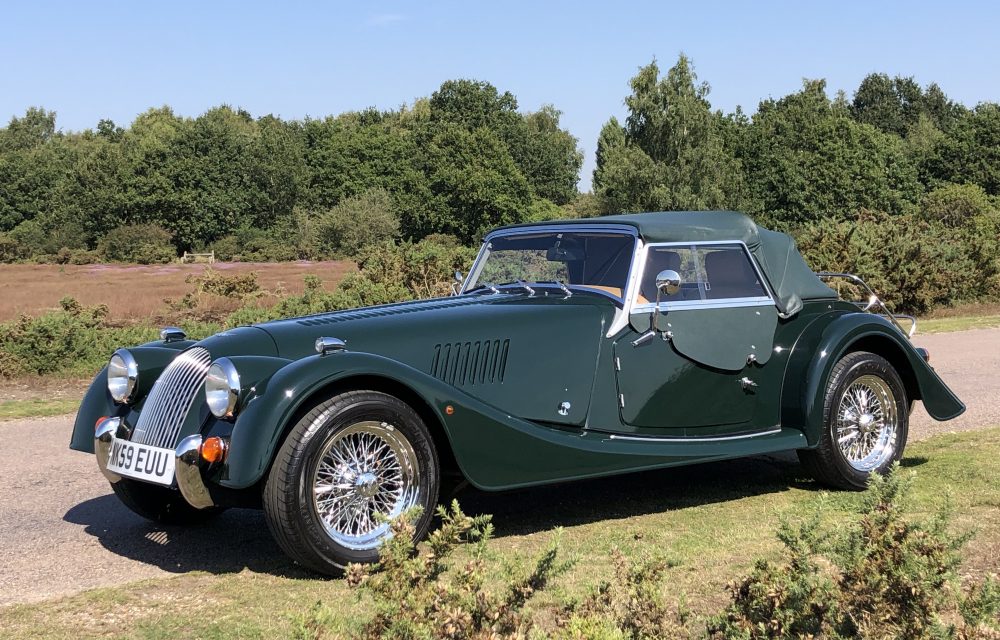
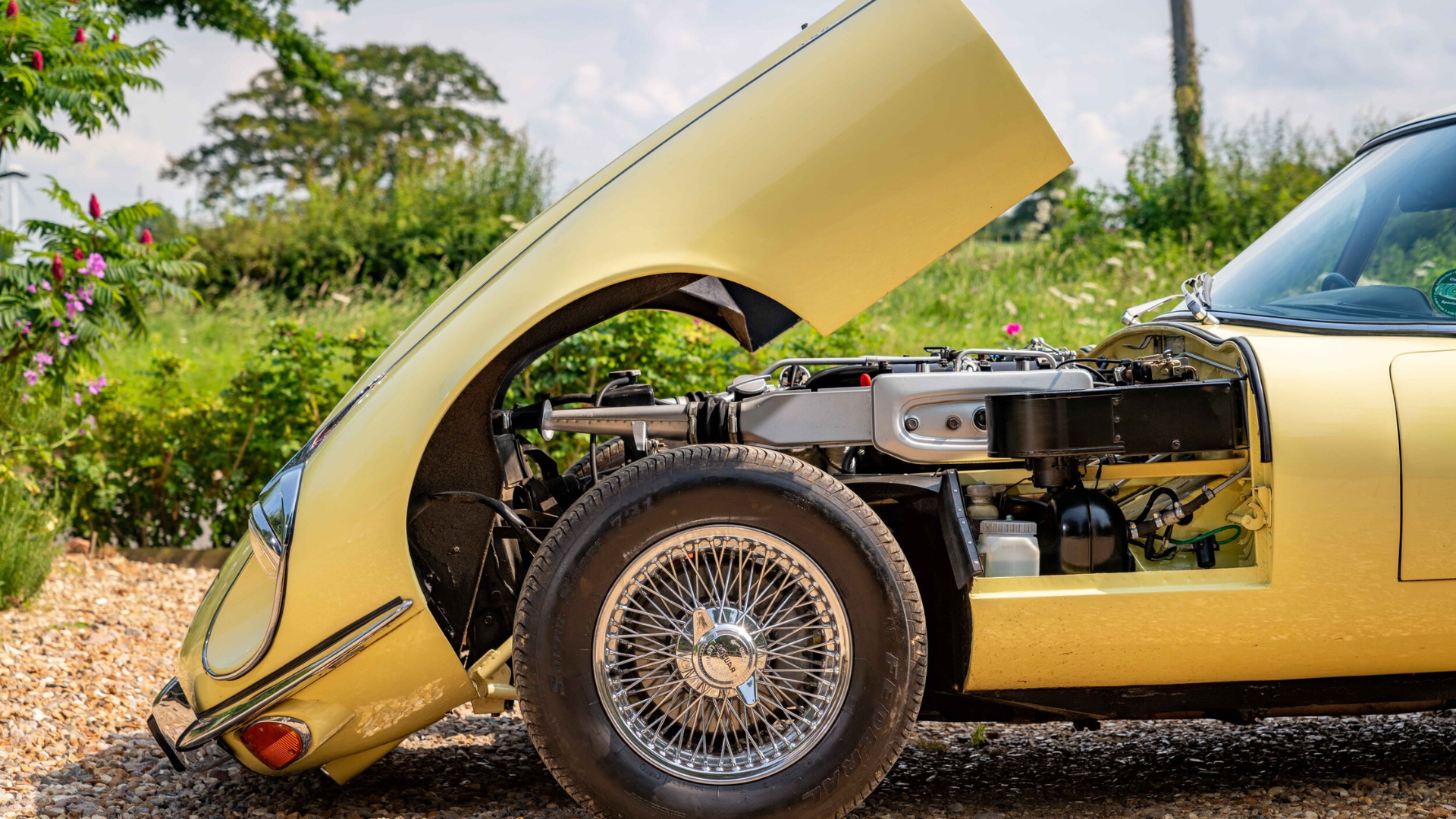
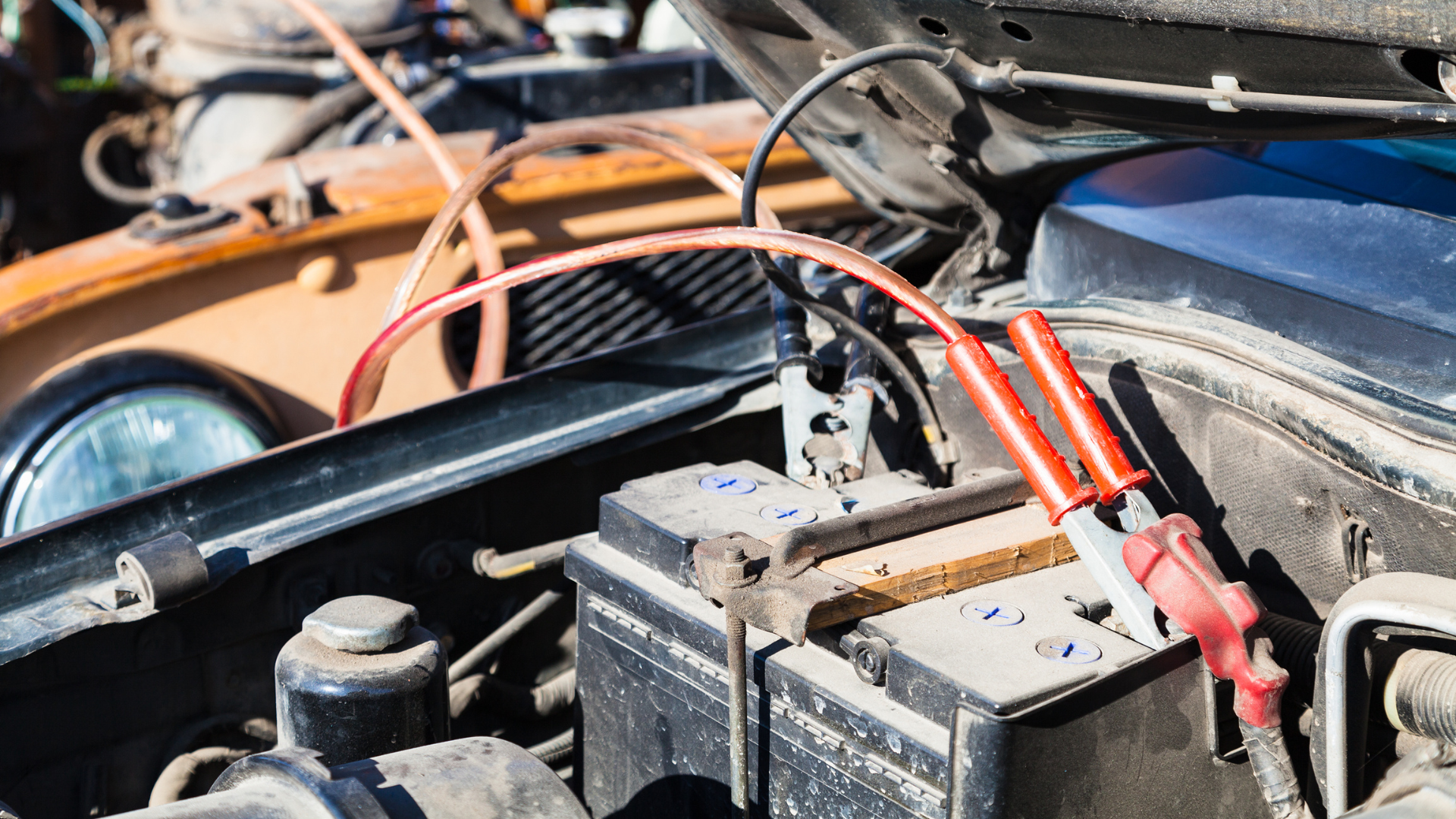

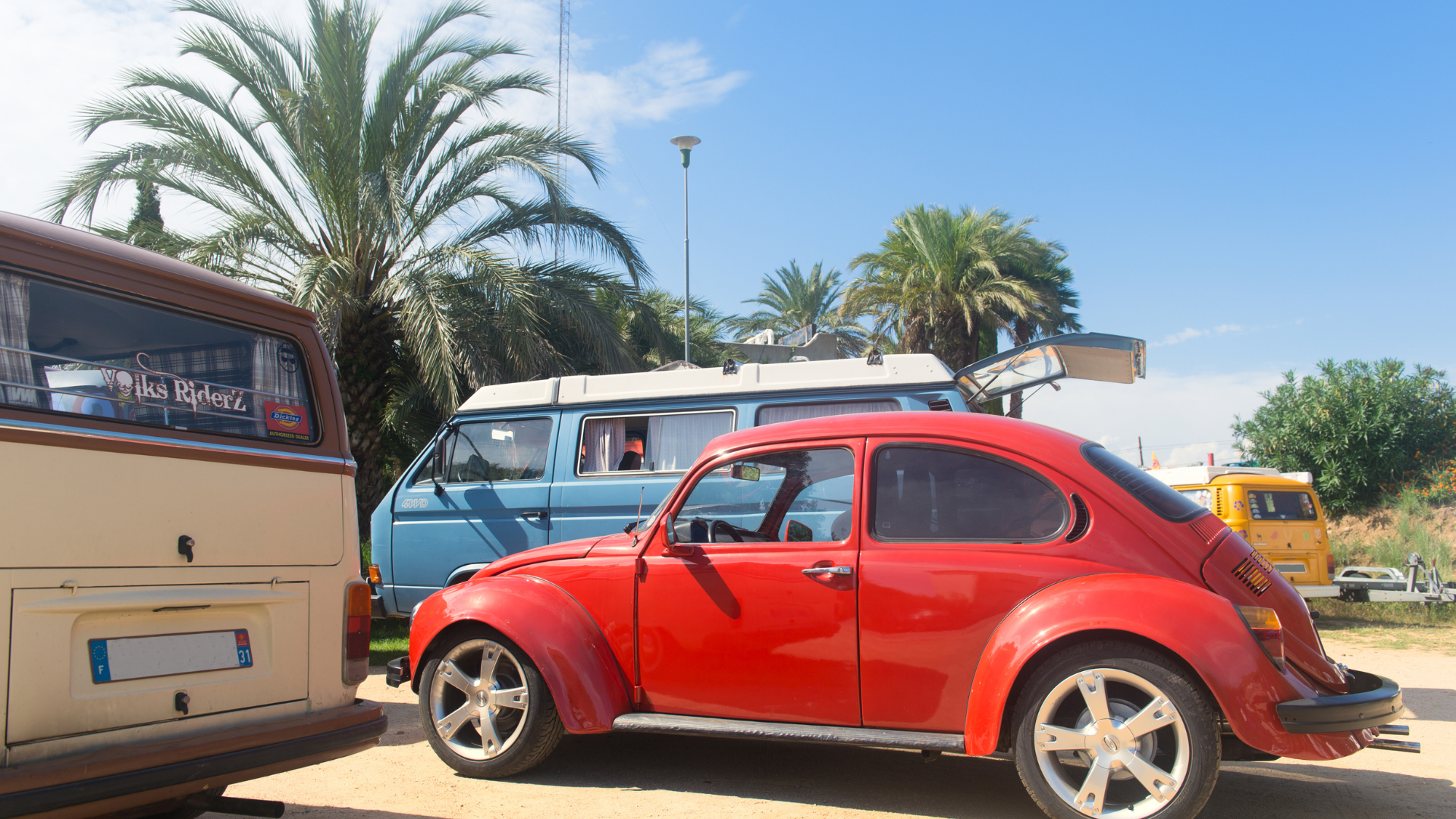
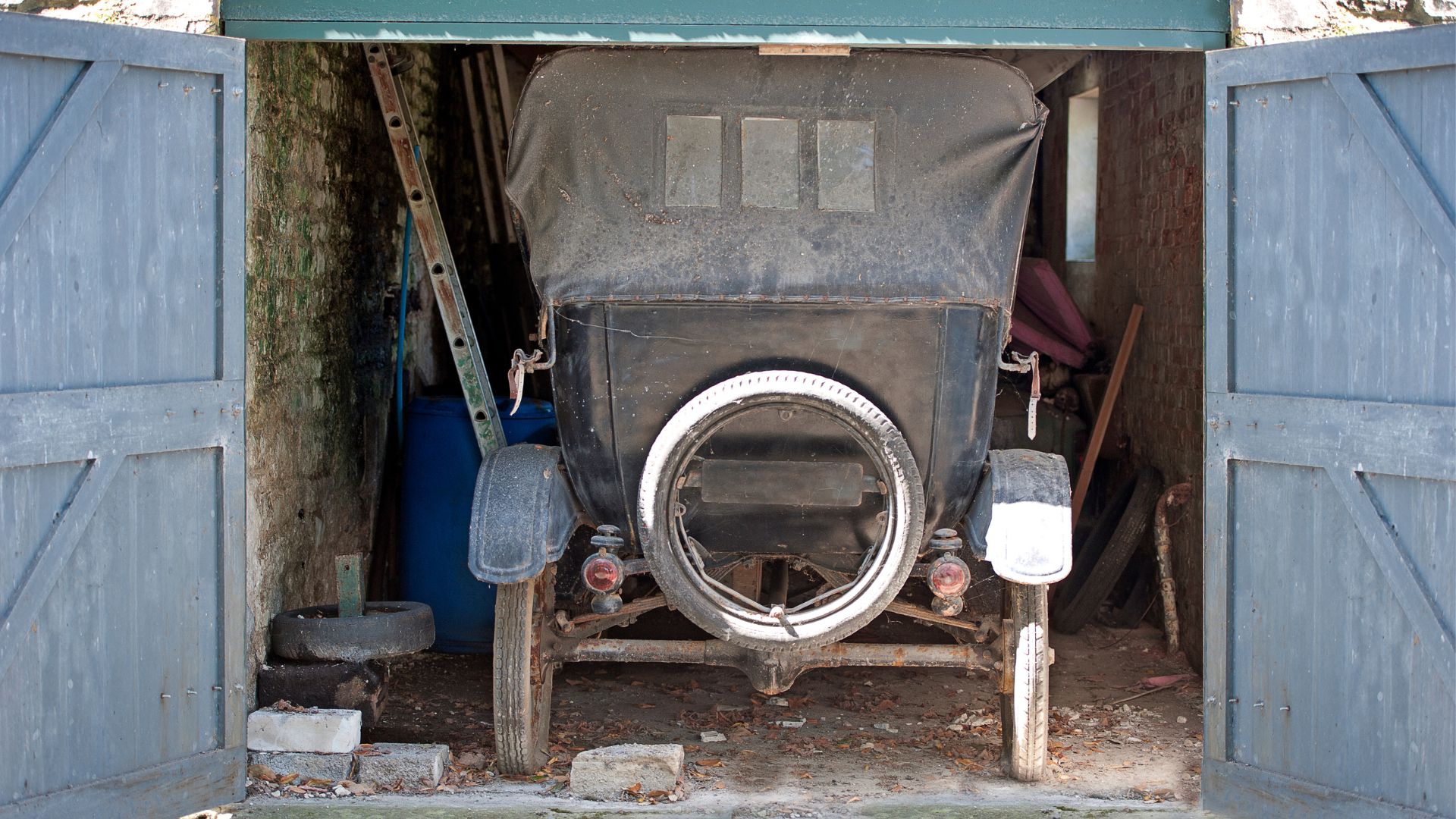
Leave A Comment